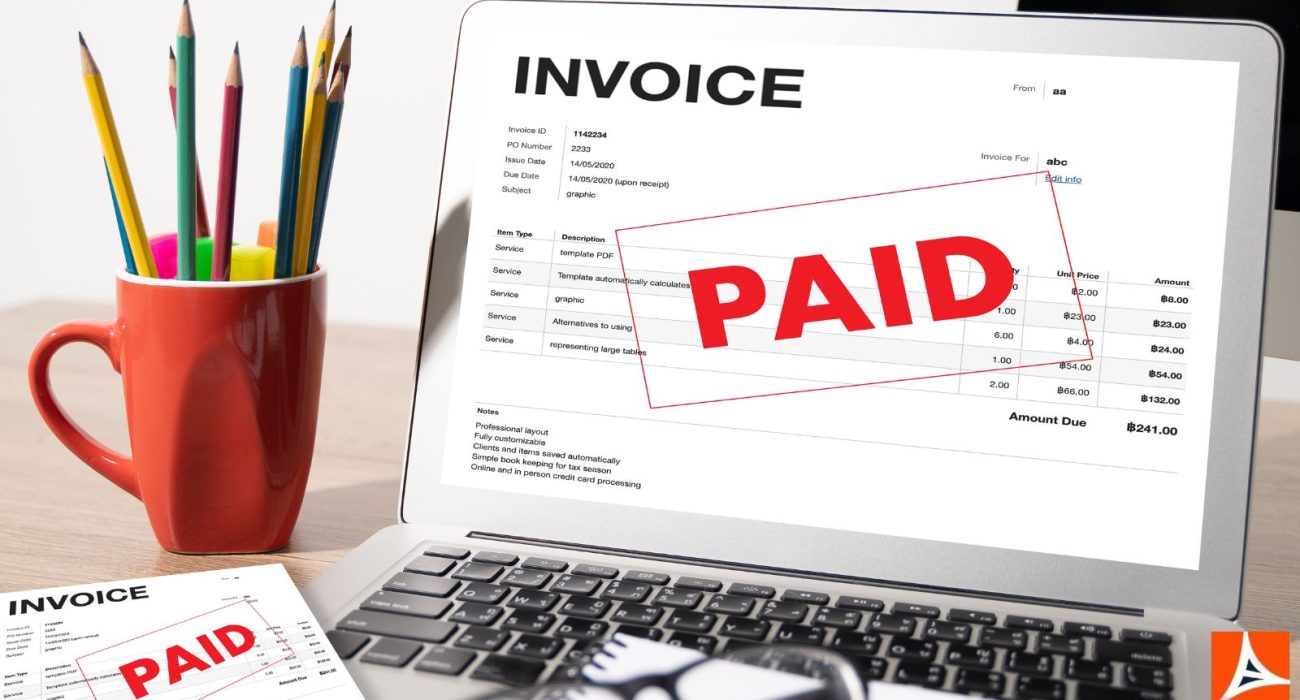When running a small business in Israel, it’s important to understand the various payment terms that exist to avoid unpleasant surprises. Although, in theory, you can set out the terms by which you want to be paid, large organizations and institutions will likely have a policy for payment to all suppliers. Here are the terms you need to be familiar with:
Mezuman – This means that the customer pays for the product or service before or right after receiving it. Although mezuman usually means cash, in this case it refers to any payment made immediately, whether in cash or by credit card, Bit, Paybox, bank transfer etc.
Shotef – Payment is received after the end of the month in which the service or product was supplied. So if you provided your client with a new logo on July 12 and sent the invoice in that month, payment will be made at the beginning of August.
Shotef +30 – In this case, payment is made thirty days after the end of the month in which the service was provided. So that July 12 logo will be paid for on August 30.
Shotef + 45 – According to Israeli law, private businesses, government offices and municipalities and institutions which receive government funding are required to pay within 45 days of the end of the month in which the invoice was issued. They would pay for the logo by September 15.
Shotef + 60 – Payment is made 60 days after the end of the month in which the product or service was received. In our example, payment will be received on September 30.
Generous payment terms are, of course, in the best interests of the clients, giving them more time to come up with the money to pay for services or products they have already consumed. They can be difficult for you as a business owner, since you rely on these payments to sustain and grow your business as well as to pay yourself a salary. You can protect yourself by:
- Refusing to work with anyone whose payment terms don’t align with your best interests
- Confirming the payment terms before you begin your business relationship
- Building delayed payment into your pricing
- Negotiating payment terms with clients, especially after you have developed a relationship with them
- Vetting clients in advance to weed out those who don’t pay according to the terms they agreed to
If you made aliyah from a country in which payment terms are different, it may take some adjusting to get used to the way Israeli businesses pay and get paid. But if you plan your spending according to your cash flow, your business can succeed and flourish.

